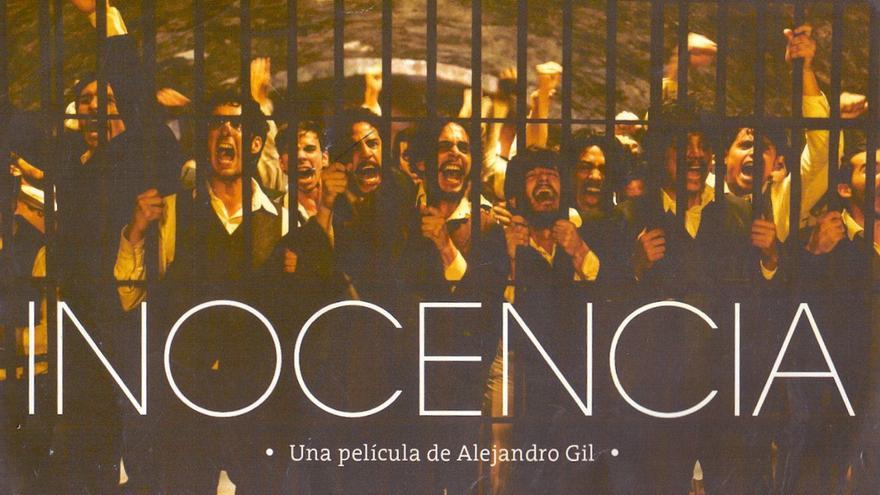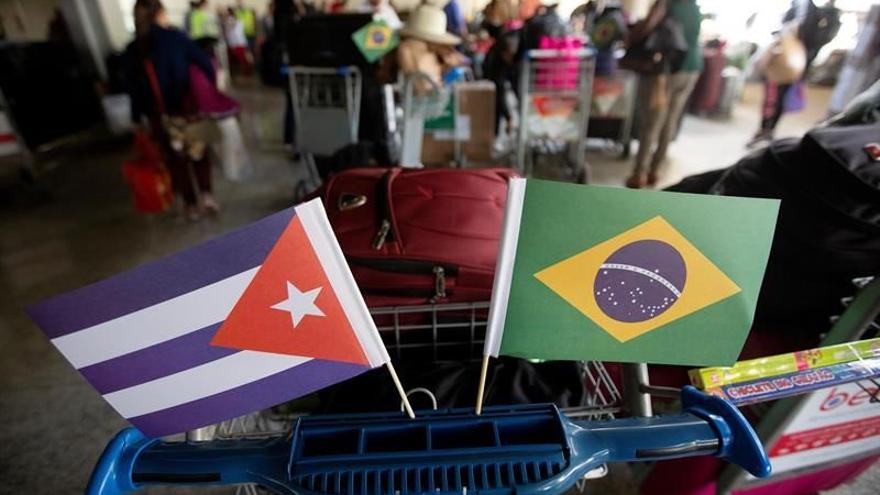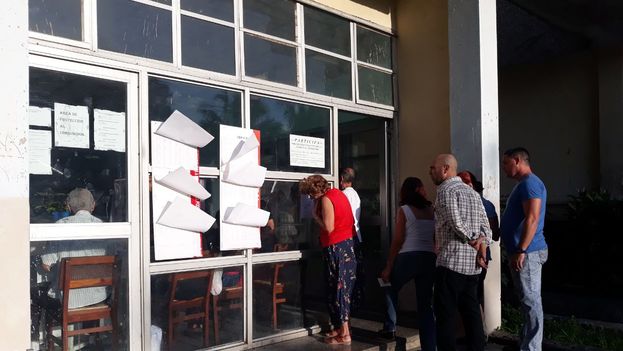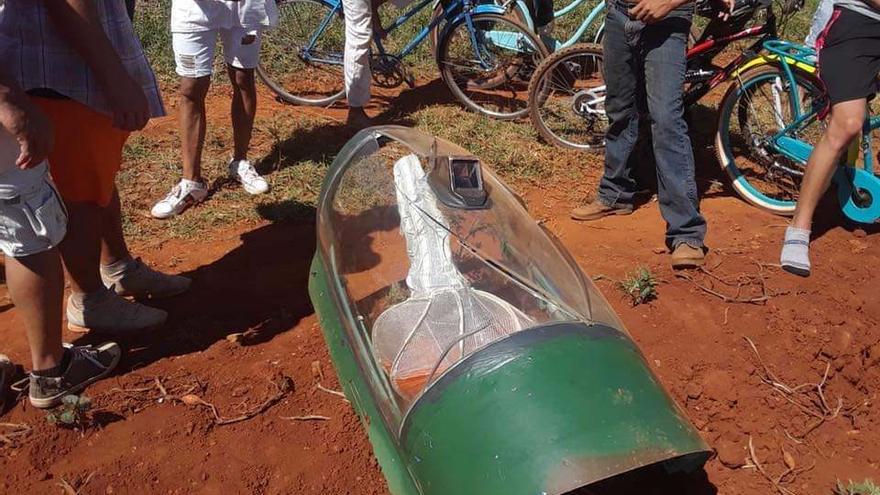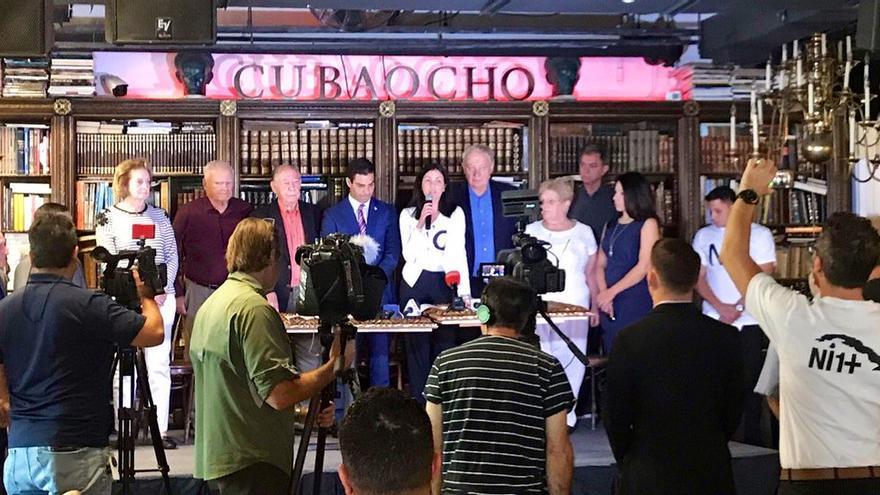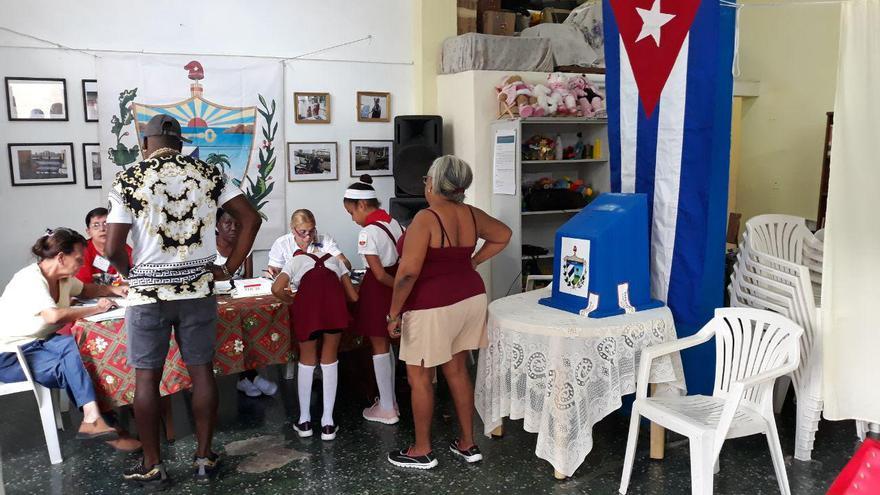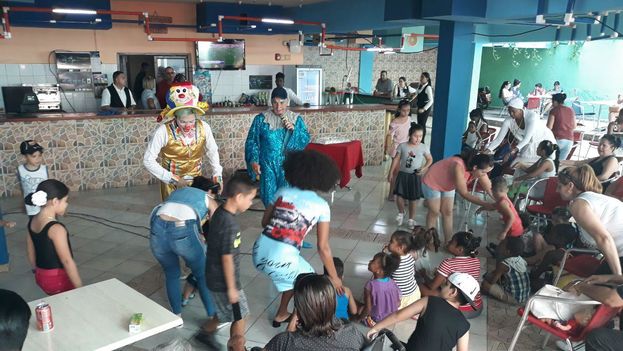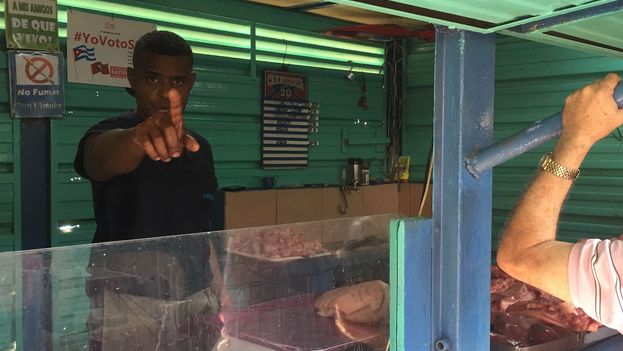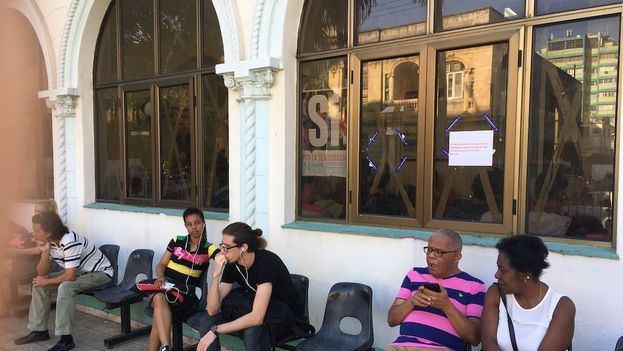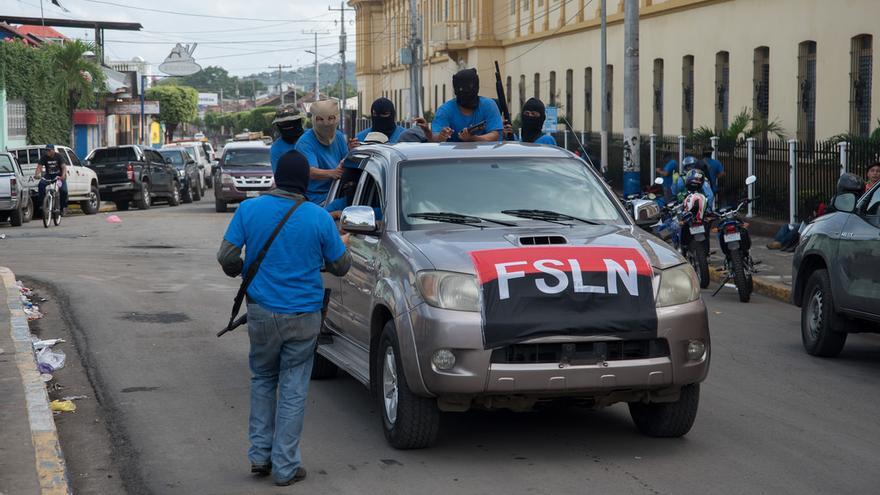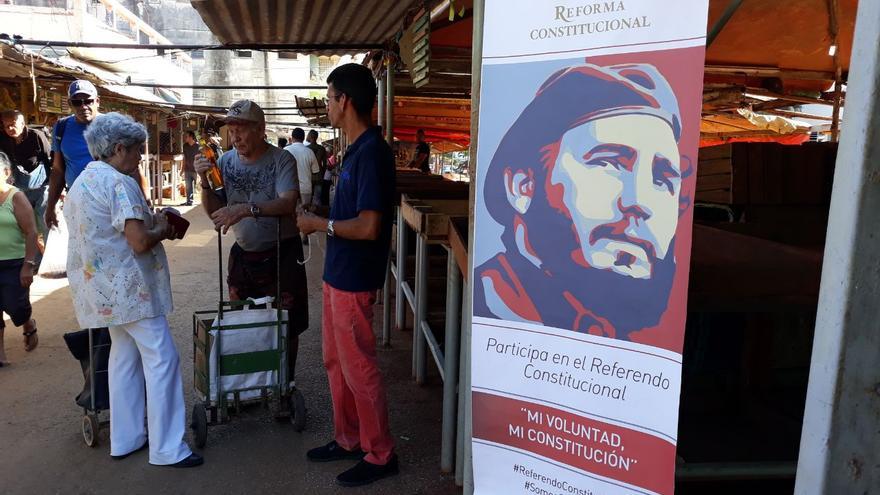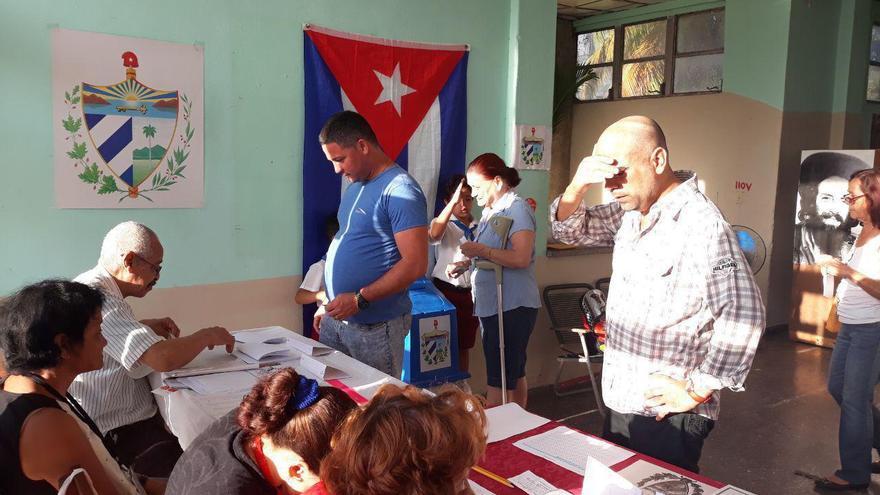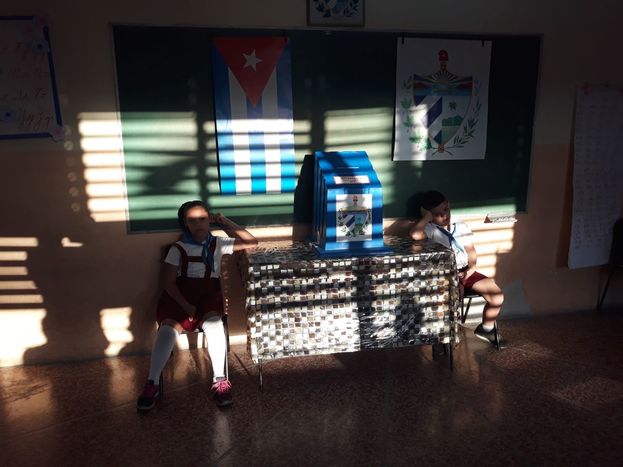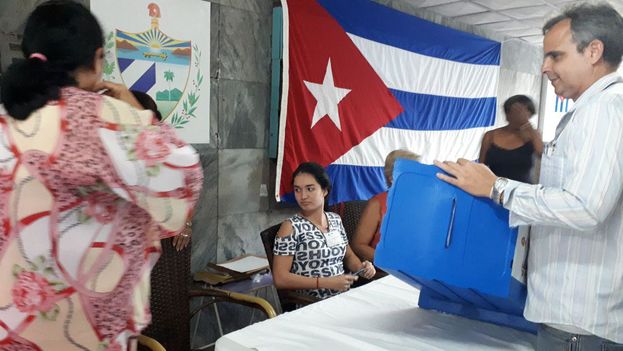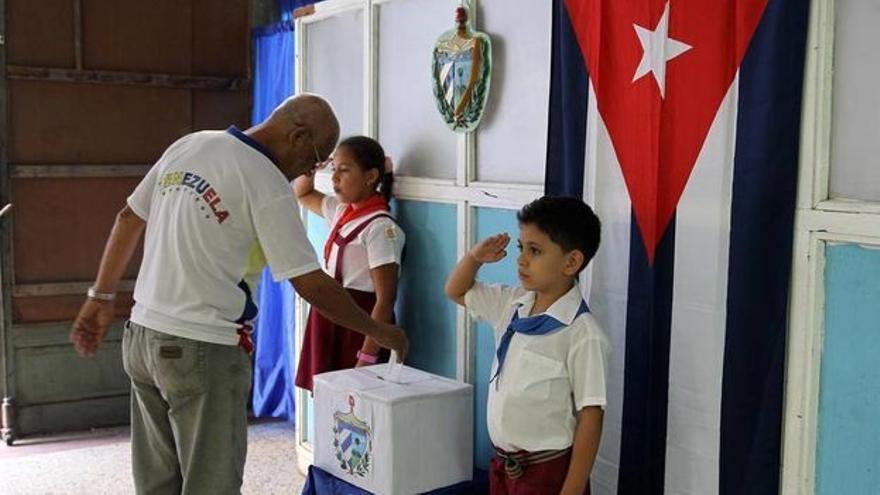
![]() 14ymedio, Havana, 28 February 2019 — Karla’s mother has been looking for a solution for her daughter’s tooth for days. After visiting three offices, without success, she has turned to the black market to buy dental amalgam to be used this Thursday to fill the gap in her daughter’s mouth. The material, an imported product, is missing in Havana and several cities of the Island, according to sources confirmed to this newspaper by the Ministry of Public Health.
14ymedio, Havana, 28 February 2019 — Karla’s mother has been looking for a solution for her daughter’s tooth for days. After visiting three offices, without success, she has turned to the black market to buy dental amalgam to be used this Thursday to fill the gap in her daughter’s mouth. The material, an imported product, is missing in Havana and several cities of the Island, according to sources confirmed to this newspaper by the Ministry of Public Health.
“The amalgam is an imported product and we have problems these days because we have not received a new supply,” a worker at the 19 de Abril Polyclinic explained to this newspaper. “What we are doing at the moment is putting a temporary patch on patients who have already had part of the dental work done, to prevent food from getting into the hole.”
In several calls and visits made by 14ymedio to other dental offices in different Havana municipalities, the same situation is repeated. “We are not putting in fillings, until further notice,” explained an employee of a San Miguel del Padrón Polyclinic. “We have been told that the supply should begin to be restored by mid-March and that we must avoid starting new treatments until then.” continue reading
In the premises of dentists in the cities of Santa Clara, Camagüey and Sancti Spíritus the problem is repeated, according to several testimonies collected by this newspaper. “Here they have told us that there is no money to buy that kind of product outside and that we have to wait because the country is going through a hard time,” explains Yuraimis, a resident of the Sancti Spiritus capital city.
“There isn’t any in the offices but if you go to the street they sell it to you,” Karla’s mother tells 14ymedio. “She couldn’t go on this way because they’ve changed the patch three times and she’s in pain.” The woman is anxious to avoid her daughter “losing the tooth.”
“I paid 10 CUC for a little bit of amalgam, which is enough to fill the tooth,” she explains. She will go back to the same clinic on Thursday, bringing the amalgam and “asking the dentist to put it in,” a common practice in the Cuban health system, where patients often buy supplies in the informal market, ranging from gauze to even blood transfusions to guarantee treatment.
In Cuba, in most dentistry treatments amalgam is used, not resin or porcelain for dental restoration processes. Amalgam is a mixture of mercury, silver, tin and copper. Although it is considered stronger and more durable than resin, for aesthetic reasons many prefer the latter which is better matched to the color of the tooth.
The amalgam has also been highly criticized for its toxicity to the patient, to the professionals who handle it and to the environment. Due to the extensive cremation of corpses, mercury gases may often end up in the atmosphere.
In Cuba almost all dental treatment is in the hands of the State; private services are only provided by dentists who graduated before 1959, of which there are very few active due to their advanced age. Those who maintain private offices must import their products and raw materials in personal luggage or through family and friends.
At the end of last year, the Minister of Finance and Planning, Lina Peraza, announced that in 2019 expenses in Public Health and Education will represent 51% of the national budget; 38,711 million pesos are allocated to these areas, a growth of 2% compared to 2018.
___________________________
The 14ymedio team is committed to serious journalism that reflects the reality of deep Cuba. Thank you for joining us on this long road. We invite you to continue supporting us, but this time by becoming a member of 14ymedio. Together we can continue to transform journalism in Cuba.

